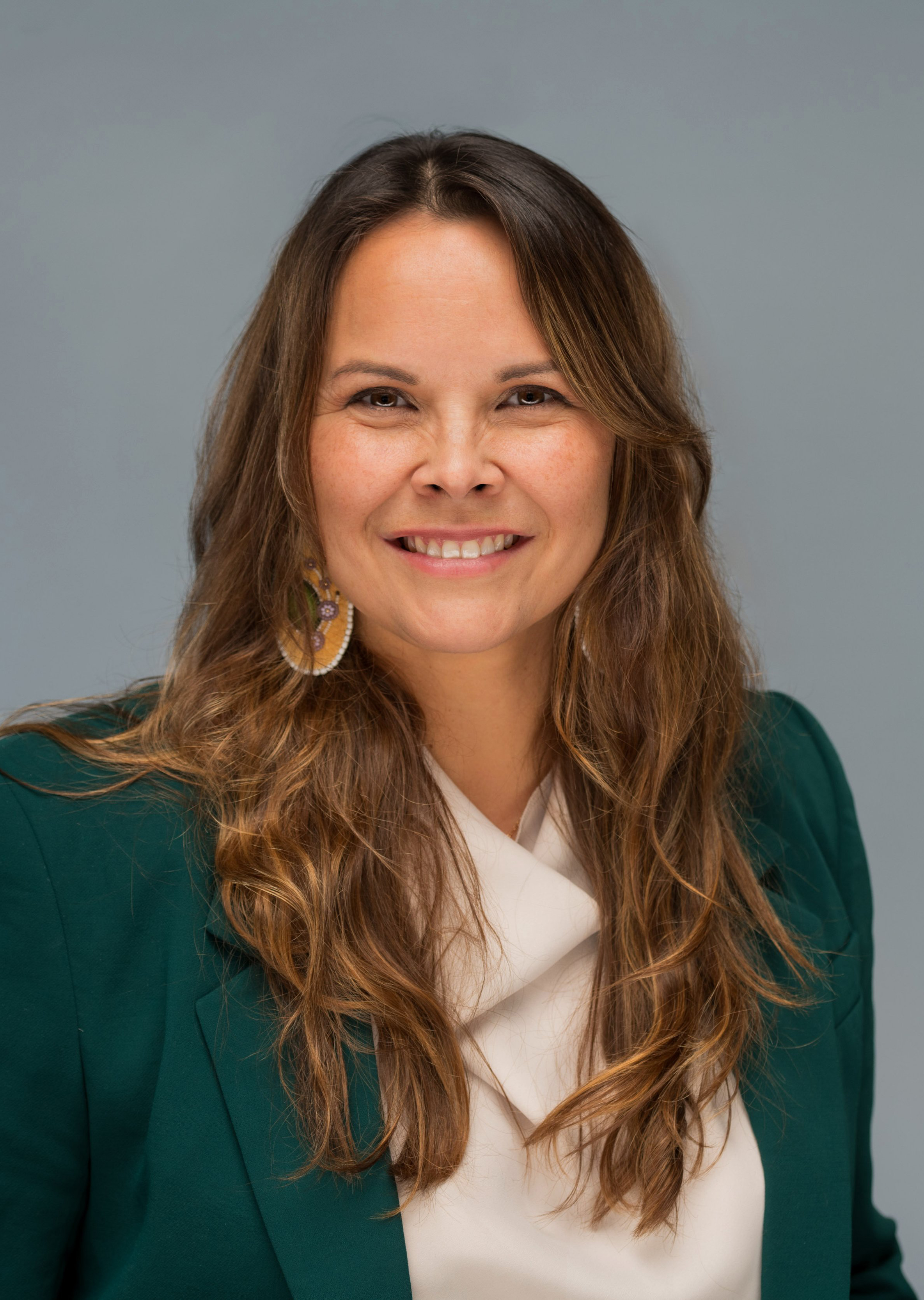Councillor Profile: Dr. Lisa Monkman
Dr. Lisa Monkman represents the North Electoral District on CPSM Council. She has been on Council since 2022. She is Chair of the CPSM Truth and Reconciliation Advisory Circle.

Can you tell us about yourself?
I am a family physician and an Ojibway member of Lake Manitoba First Nation.
I was born and raised in Winnipeg. I am happily married and have three boys. In my spare time, I love to jog and practice yoga.
What inspired you to get involved on Council?
I first became involved when Dr. Ziomek, CPSM Registrar at the time, approached me to chair the Truth and Reconciliation Advisory Circle, which I accepted. After that, I was encouraged to put my name on the ballot when the elections came up.
Having practiced in rural Manitoba for my entire career, I am passionate about health equity, health justice, and eliminating racism in all forms. That was what motivated me to put my name forward in the election.
One of the best ways to make an impact or make a difference is by getting involved with CPSM to help support and guide the organization's evolution.
My biggest motivator continues to be making health care safer, better, and more equitable.
You are the Chair of the Truth and Reconciliation Advisory Circle. What has that experience been like?
It has been a very interesting experience.
The Advisory Circle allows me to connect with other Indigenous physicians in the province. Given that we are underrepresented and geographically spread out throughout the province, regularly engaging with Indigenous doctors, community members, and Knowledge Keepers is a valuable piece of this work for me.
Connecting with the community helps maintain my sense of purpose while informing the development of future policies for CPSM. Currently, we are working intently on a crucial Standard of Practice that addresses racism in healthcare and I am really excited about that.
Has your perspective about what you knew about CPSM before joining Council changed?
My knowledge of CPSM was minimal because my interactions were limited. I remember having an orientation when I graduated and became registered; that was where my communication with the college ended. Engaging with CPSM has given me a better understanding of what work is being done and what can be done. Overall, it has been a very eye-opening experience.
For example, I now understand how complicated and nuanced the Complaints & Investigations department's work can be.
In the past year, the Complaints & Investigations team has been working with the Rady Faculty of Health Sciences to understand and develop Restorative Justice practices, which can potentially be a transformative way of dealing with complaints and investigations.
These processes have traditionally been seen as punitive and legal based, but we can use Restorative Justice philosophy and methods to improve public trust and perception.
What priorities do you believe Council should address?
The number one priority for me is addressing racism in the healthcare system.
The second one is health access and equity for people living in rural Manitoba. I would love for this to be better addressed.
The third, an extension of the second priority, is to support rural physicians. When we live in urban centres, it is easy to forget about rural Manitobans and much work must be done to support rural folks. Access to primary care is a huge concern and there are a lot of inroads that need to be made.
What do you want the public or peers to know about Council
Council is working hard to improve things. In terms of capacity-building, we are looking at how to increase efficiency for physicians to obtain their licenses, without compromising safety, to address physician shortages.
We are taking a hard look at the issue of racism in medical care and how we can improve the situation.
Initially, I was hesitant to get involved in Council. However, through the Advisory Circle, I have built relationships. I committed to giving it my best shot when I won the seat. The organization is evolving and improving based on the quality and diversity of individuals shaping decisions.
I encourage registrants and the public to get involved and make a change when the opportunity arises. Unless you are at the table, your voice may not be heard.